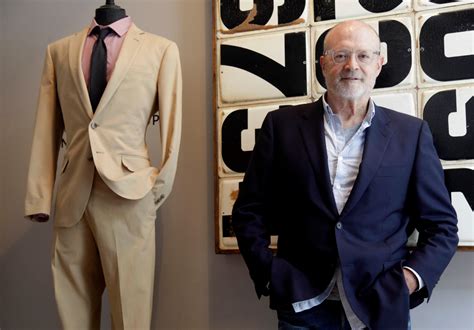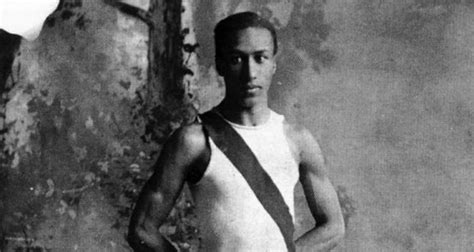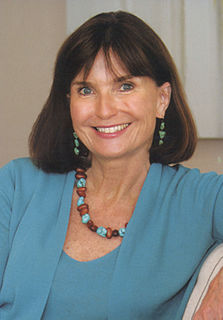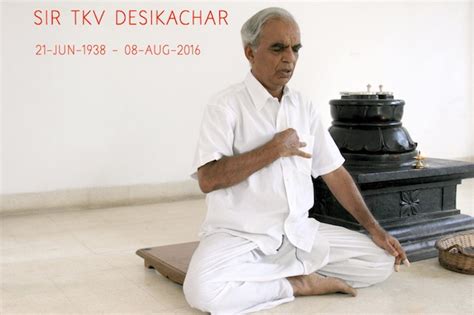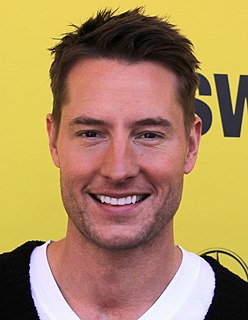A Quote by Guillermo del Toro
I think that in the past, in the '50s and '60s, after the existentialists and beatniks and hippie movements, the big deal was, Don't sell out. We live in a society that by virtue of the speed we communicate and sell, everything sells. The danger is buying in; that your concern becomes success, rather than fulfillment. They're two different beasts, and my feeling is that you should seek fulfillment. You should not measure your worth in how much you have or how popular you are, but how happy you are with what you do.
Quote Topics
Related Quotes
Don't speak to me about your religion; first show it to me in how you treat other people. Don't tell me how much you love your God; show me in how much you love all God's children. Don't preach to me your passion for your faith; teach me through your compassion for your neighbors. In the end, I'm not as interested in what you have to tell or sell as I am in how you choose to live and give.
When you are writing a spoken word poem, the tools you're working with are your voice, your body, how it's going to sound to someone when you're saying it out loud. Which is different from when you're writing it on the page. That toolbox becomes how does this look visually on the page, how does this read among pages, how is this in relation to poems that are before it or after it. I don't think one is better or more successful than the other. You've just gotta think about "what are the tools I'm using, and how are they most effective in this form?"
At 36, I think I was pretty happy [actually], but here's the thing that I think happens... you're expected to be somewhere at 36, and there's that feeling: At this particular age - especially for women for God's sake - you should have this many kids, you should have a husband, or you should have this... and it's overwhelming. So that perpetuates the feeling that no matter where you are, no matter how much money you have, no matter how many kids you have, no matter how great they're doing, whether you want kids or not, married or not, it doesn't matter - you feel behind.


